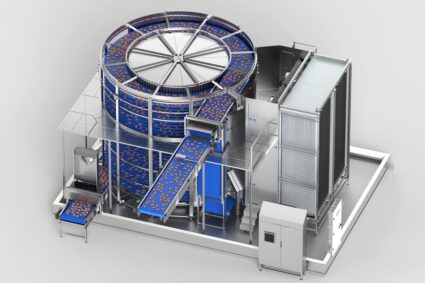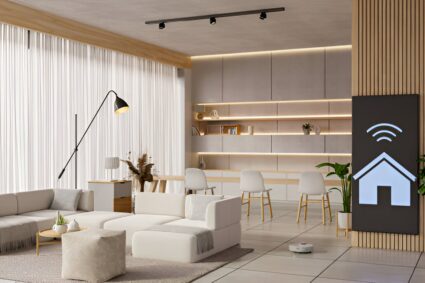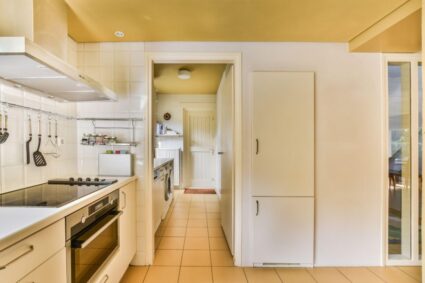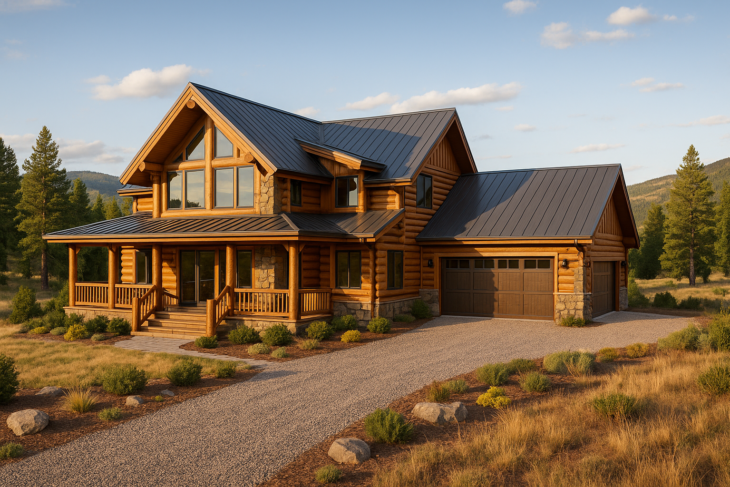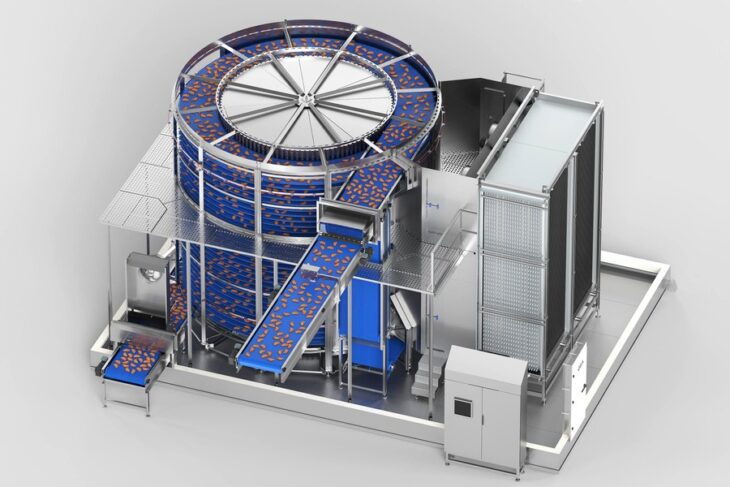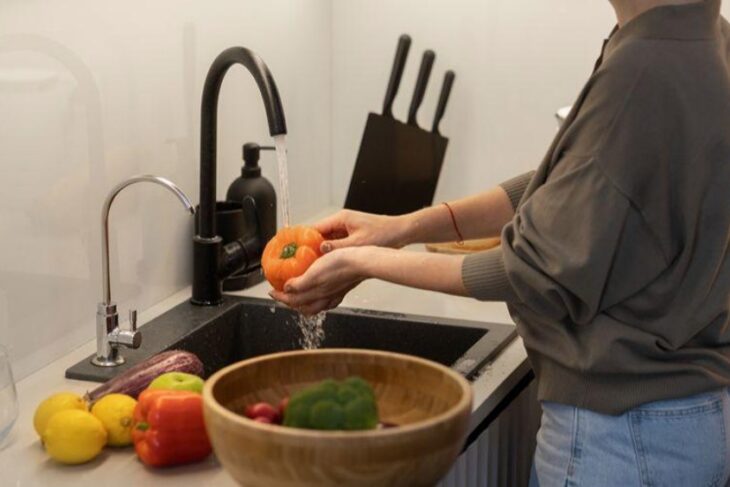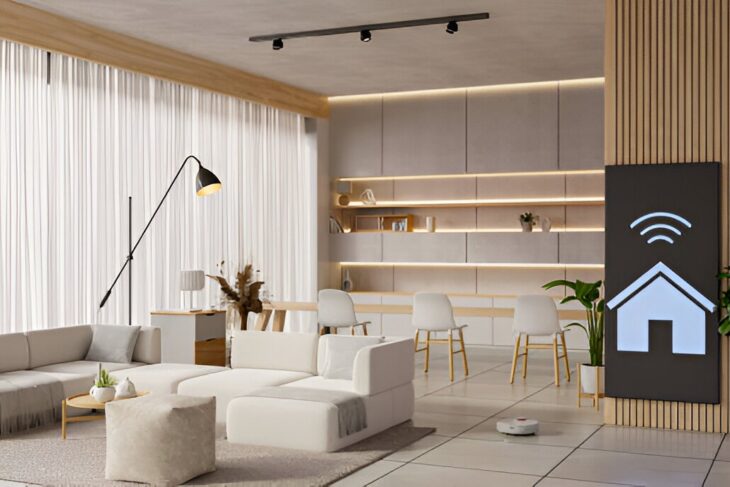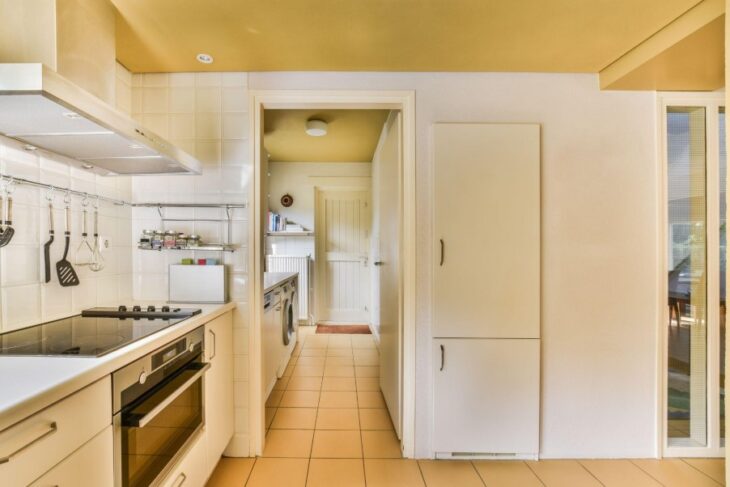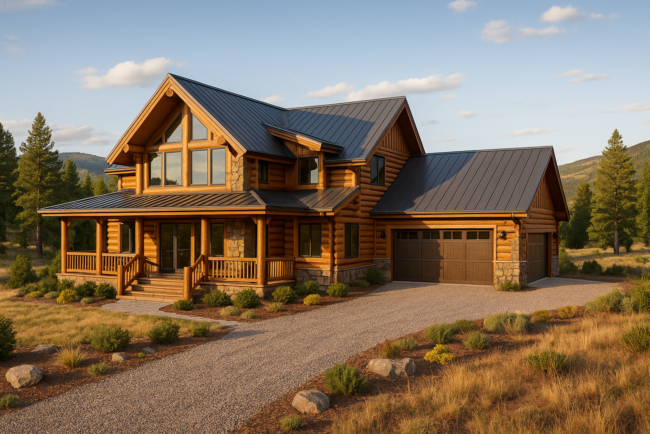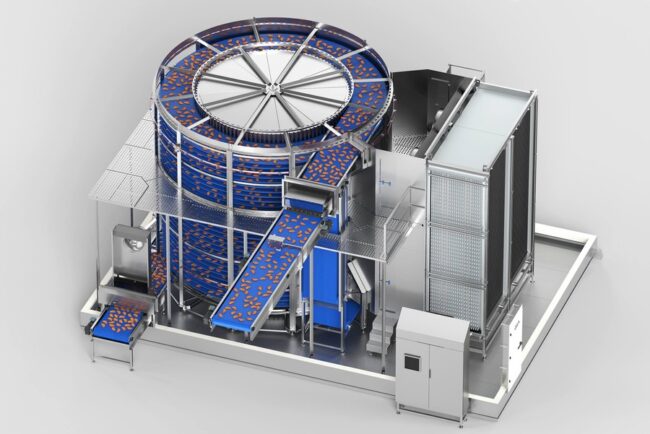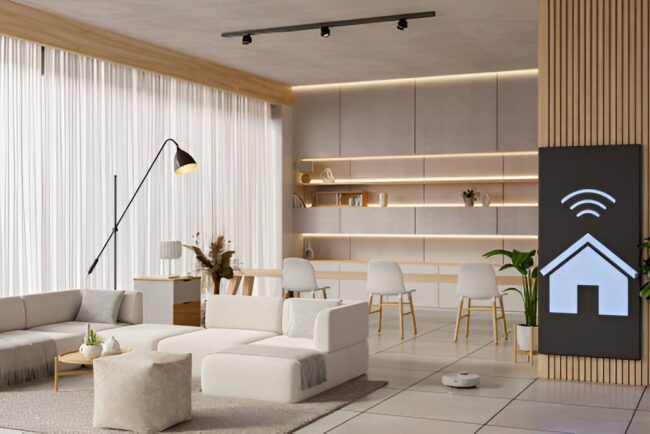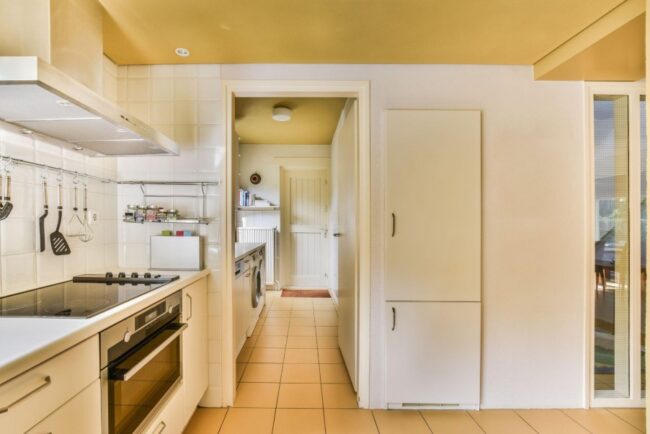
Epoxy flooring is a popular choice for both residential and commercial spaces due to its durability, low maintenance, and versatility. Epoxy coatings are made by mixing two components, a resin and a hardener, to create a tough and long-lasting surface that can withstand heavy traffic and chemical spills. There are several types of epoxy flooring options available, each with its unique benefits and applications. In this article, we will explore some of the most popular types of epoxy flooring.
Self-Leveling Epoxy Floors:
Self-leveling epoxy flooring are the most common type of epoxy flooring. They are popular for their smooth, seamless finish and the ability to create a level surface on uneven concrete. Self-leveling epoxy floors are ideal for commercial and industrial spaces, including warehouses, laboratories, and hospitals. These floors are easy to clean, slip-resistant, and highly durable.
Epoxy Mortar Floors:
Epoxy mortar floors are a combination of epoxy resin and graded aggregates such as sand or quartz. These floors are highly durable and resistant to heavy traffic, impact, and chemical spills. Epoxy mortar floors are commonly used in commercial and industrial spaces that require high-strength flooring, such as food processing plants, breweries, and factories.
Epoxy Terrazzo Floors:
Epoxy terrazzo floors are a decorative type of epoxy flooring that can be customized with a wide range of colors and patterns. These floors are created by embedding decorative aggregates such as glass, marble, or granite chips into the epoxy resin. Epoxy terrazzo floors are highly durable, slip-resistant, and easy to maintain. They are ideal for commercial and residential spaces, including schools, airports, and hotels.
Metallic Epoxy Floors:
Metallic epoxy floors are a trendy and unique type of epoxy flooring that can create a dramatic and stunning effect. These floors are created by mixing metallic pigments into the epoxy resin, which creates a three-dimensional look that mimics natural stone or marble. Metallic epoxy floors are commonly used in commercial and residential spaces that require a high-end and modern look, such as restaurants, retail stores, and homes.
Epoxy Anti-Static Floors:
Epoxy anti-static floors are designed to prevent electrostatic discharge (ESD), which can damage electronic equipment and harm people. These floors are commonly used in data centers, laboratories, and other spaces that require electronic equipment. Epoxy anti-static floors are highly durable, slip-resistant, and easy to clean.
Epoxy Flake Floors:
Epoxy flake floors are a decorative type of epoxy flooring that uses vinyl chips to create a unique and colorful finish. These floors are highly durable, slip-resistant, and easy to maintain. Epoxy flake floors are commonly used in commercial and residential spaces, including garages, basements, and retail stores.
In conclusion, there are several types of epoxy flooring options available, each with its unique benefits and applications. When choosing the right type of epoxy flooring, it’s essential to consider the space’s usage, traffic, and design requirements. Whether you’re looking for a highly durable and low-maintenance commercial flooring or a decorative and unique residential flooring, epoxy flooring is an excellent option to consider.


